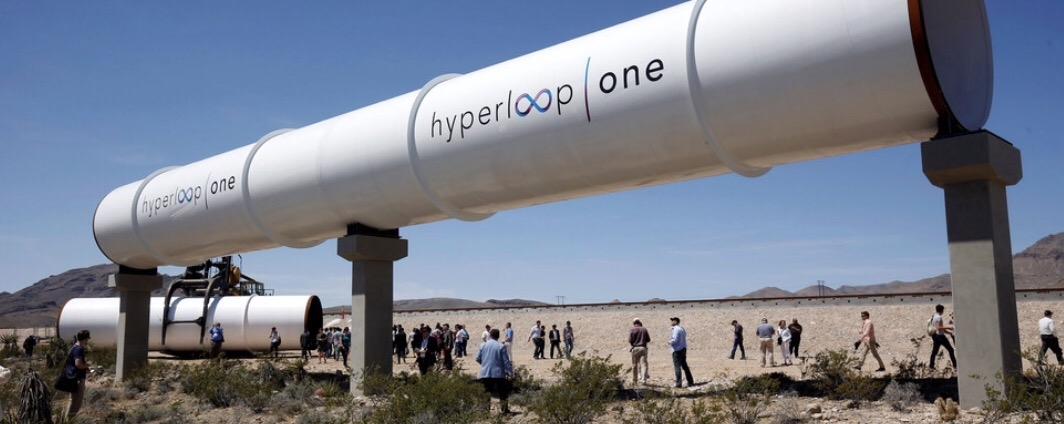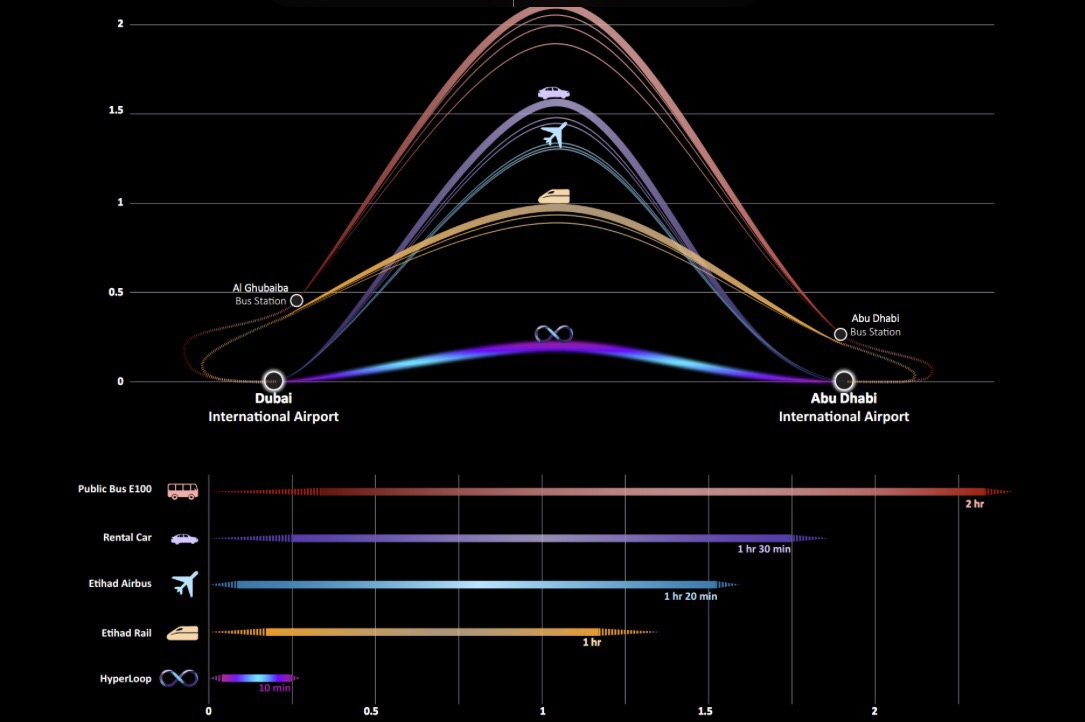The world’s fastest mode of transport could soon be here
Imagine if it only took a day for products to travel over land from China to Germany.
It could soon be a reality, if Russia goes ahead with a plan to introduce a new fast-speed pipeline called the Hyperloop. Much as oil and gas travel through pipes, cargo and passengers may soon find themselves shooting through pneumatic tubes at speeds of up to 760 miles per hour.

Tech entrepreneur Elon Musk once envisioned a tube transportation project that could move passengers and cargo from San Francisco to Los Angeles in 30 minutes. Two companies – Hyperloop One (formerly Hyperloop Technologies) and Hyperloop Transportation Technologies (HTT) – are now exploring Musk’s idea with a view to building the first transport-ready tube by 2020. According to the chief executive officer of Hyperloop One, feasibility studies have been launched not only in Russia but also in the United Arab Emirates, Finland, the United Kingdom and the United States.
Hyperloop One has joined forces with the city of Moscow and Summa Group, a local investment and construction conglomerate, to bring the vacuum tube to Russia.

Air transportation is fast but costly, so most cargo is shipped by sea. To travel by sea between Asia and Europe can take around 30 days – and that’s without considering overland transport to and from the ports. Rail transportation takes nearly half that.
The southern rail route between China and Russia is 6,213 miles long and takes 12 days, while an 8,077-mile northern rail route through Russia takes 16 days. Can the Hyperloop ultimately provide the quickest transportation option, at affordable cost?
Construction costs are important to consider. Building and operating a Hyperloop is estimated to be in a similar range as building and operating high-speed rail infrastructure and trains. The construction cost for high-speed rail lines, such as the Haikou-Sanya line in China and Madrid-Albacete line in Spain, come in at about US$15 million a mile.
Source: Wolfgang Lehmacher, Head of Supply Chain and Transport Industries
You must be logged in to post a comment.